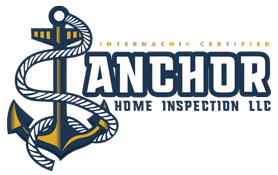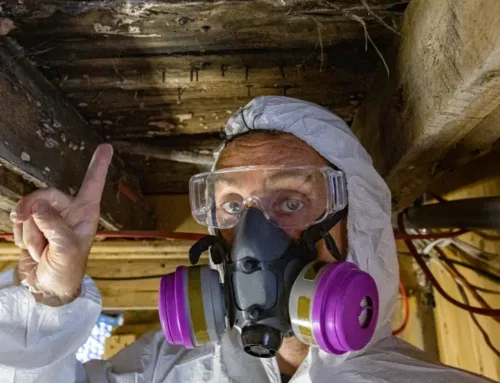Many homes today heated with gas or propane were once heated with oil, especially those built in the early 1900s up to the mid-’90s. While some residential heating oil tanks were installed inside the home or above ground next to the home, many were buried outside with fuel lines leading into the furnace. Detecting oil tank leaks in aboveground tanks is relatively simple, but it’s much more difficult to detect leaks in underground tanks, especially if the homeowner doesn’t know it’s there. Oil tanks are made of uncoated steel, and after years of being buried, it’s not a matter if but when it will leak. Undetected leaks can lead to major costs for cleanup and endanger property, health, and the environment.
Oil Tank Leak Detection
It’s pretty easy to detect leaks in oil tanks installed indoors. You’ll know there’s been a leak if you smell oil and see oil on the floor beneath or near the tank. Oil leaks in aboveground tanks installed outdoors can also be detected easily in the same manner. Even a small amount of fuel oil has a pungent odor you’ll be able to smell near the tank, and leaking oil is still apparent on the ground. Leaks in underground tanks are much more challenging to detect, and they can leak for years before anyone ever notices.
Even if the tank is still being used, you may not notice a rise in your fuel bill, especially with the fluctuating cost of fuel oil. If you no longer use the tank or the tank was abandoned years ago, the leak may go unknown until it begins affecting the health of people in the vicinity or environmental issues arise.
Financial Risks of a Leaking Oil Tank
Removing an unused or abandoned underground oil tank can be expensive, but it’ll cost even more if you ignore a leaking tank and have to pay for removal and remediation. The financial liability to a property owner can be costly. Testing for a leak generally only costs a few hundred dollars, but the cost for cleaning up a leak can be several thousand dollars. Homeowner’s insurance doesn’t usually cover this cost.
Leaks can impact nearby soil, aquifers, groundwater, and the water supply, leading to remediation requirements that can cost hundreds of thousands of dollars or more, and soil and water remediation aren’t guaranteed to work. Entire communities have even been forced to find alternative sources for drinking water due to contamination caused by leaking oil. This can lead to millions of dollars in remediation costs.
Health Risks of Oil Tank Leaks
When stored and used properly, home heating oil is safe, but it can become an environmental pollutant when it leaks. Undetected leaks can be poisonous. While it has a relatively low toxicity to humans, prolonged exposure can be harmful, even deadly.
Even short-term inhalation of oil vapors can cause headaches, nausea, dizziness, increased blood pressure, difficulty concentrating, and eye, nose, and throat irritation. Long-term inhalation of vapors can lead to kidney and liver damage and other serious health problems. The most hazardous chemicals found in petroleum are carcinogenic and have been proven to cause cancer. If the leaking oil contaminates your drinking water and it’s ingested, it can cause diarrhea, vomiting, and breathing difficulties. Ingesting large quantities of contaminated water can also lead to coma and death.
Call Anchor Home Inspection
Anchor Home Inspection is always available by phone to answer questions regarding your home. If you would like to consult with a professional about a home inspection, call Anchor Home Inspection now to schedule a home inspection today.
Anchor Home Inspections is a quality Home Inspector to Connecticut. Contact us to schedule a home inspection or any of our other home inspection services.









